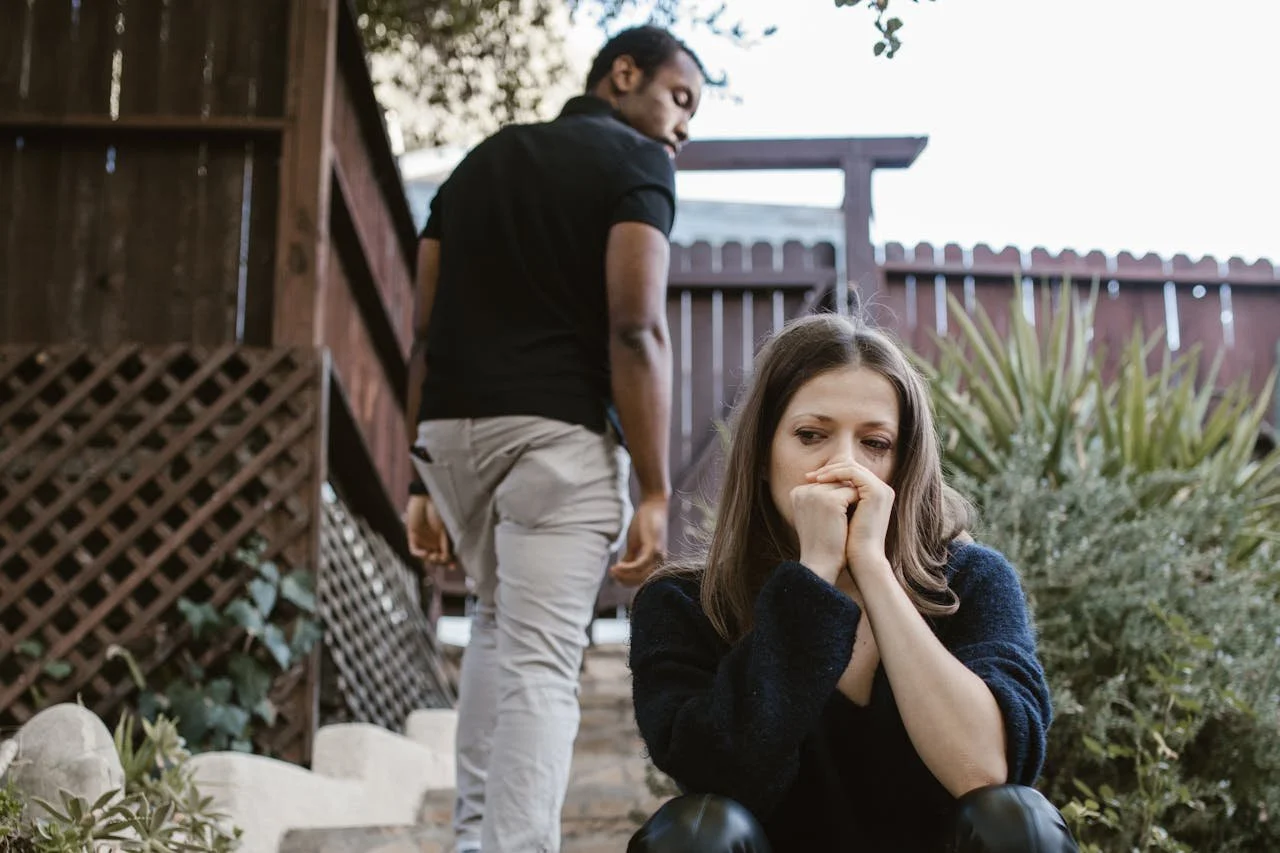Managing Rejection-Sensitive Dysphoria in Your Relationships
Rejection-Sensitive Dysphoria (RSD) is a condition where you feel emotions intensely and for a prolonged period, especially in response to perceived rejection or criticism. Someone with RSD might spend hours ruminating over a friend not responding to a text right away or feel crushed after receiving constructive criticism at work. They tend to personalize situations and blame themselves, making the emotional anguish feel more intense and longer-lasting.
While RSD can feel debilitating, it is treatable by learning to reframe situations less personally, nurture self-compassion, and surround yourself with a support system. Here are signs you have RSD and how to overcome it.
Signs You May Have RSD in Relationships
If you find yourself worrying endlessly about what your partner thinks of you, it could be a sign of Rejection-Sensitive Dysphoria (RSD).
Do you get upset by small criticisms or perceive slights where there are none? With RSD, an offhand comment about your outfit or a few minutes of less affection can send you into an emotional tailspin.
You may become angry, anxious, or depressed, assuming your partner’s feelings have changed or the relationship is in trouble. However, your reactions are out of proportion to the situation. RSD causes you to misread social cues and assume the worst.
If you feel extremely distressed after a minor disagreement or get jealous when your partner spends time with others, this sensitivity to rejection may be at play.
Where Does RSD Come From?
Rejection-Sensitive Dysphoria often develops in childhood or adolescence. As a kid, you may have dealt with neglect, abuse, bullying, or overly critical parenting. These experiences teach you that rejection and criticism are dangerous, and you learn to vigilantly scan for signs that people may reject or judge you.
Critical Voices
The critical voices of influential figures from your past have been internalized and now play on repeat in your mind. As an adult, these inner voices make you feel inadequate and like you’ll never be good enough. They fill you with self-doubt and amplify your sensitivity to perceived rejection.
Lack of Secure Attachment
Some people with RSD lacked a secure attachment with their primary caregivers early on. Your needs for affection, comfort, and security went unmet, so you learned to rely on “love avoidance” behaviors to protect yourself. As an adult, you may perceive rejection and distance yourself from relationships to avoid getting hurt.
Tips for Managing RSD With Your Partner
First, communicate openly about your experiences with RSD. Explain how it can impact your reactions and moods. Let your partner know what they can do to support you, like giving you extra reassurance or affection. Make it clear that their actions are not the cause of your distress.
Express your needs directly and frequently. Don’t expect your partner to read your mind or anticipate your needs. Politely but assertively, tell them what you need to feel secure in the relationship. For example, say, “I’m feeling a bit anxious today. Can we spend some extra time together?”
Give your partner space when you start to feel reactive. Take a walk or do another activity to help yourself calm down and gain perspective. Revisit the conversation once you’ve regulated your emotions and apologize if you said anything hurtful. Your partner will appreciate your self-awareness and effort to improve communication.
Lastly, focus on the good in your relationship. When self-doubt and insecurity surface, remind yourself of the qualities you admire in your partner and the joy you find in the relationship. RSD can make it easy to catastrophize, but with conscious effort, you can cultivate gratitude and maintain a balanced view of your connection. Managing RSD is challenging, but you can build healthy, fulfilling relationships with the right tools and support.
Managing RSD in your relationships can be challenging. If you’ve tried some of the techniques we’ve suggested but are still struggling, book an appointment for couples therapy with us today.


